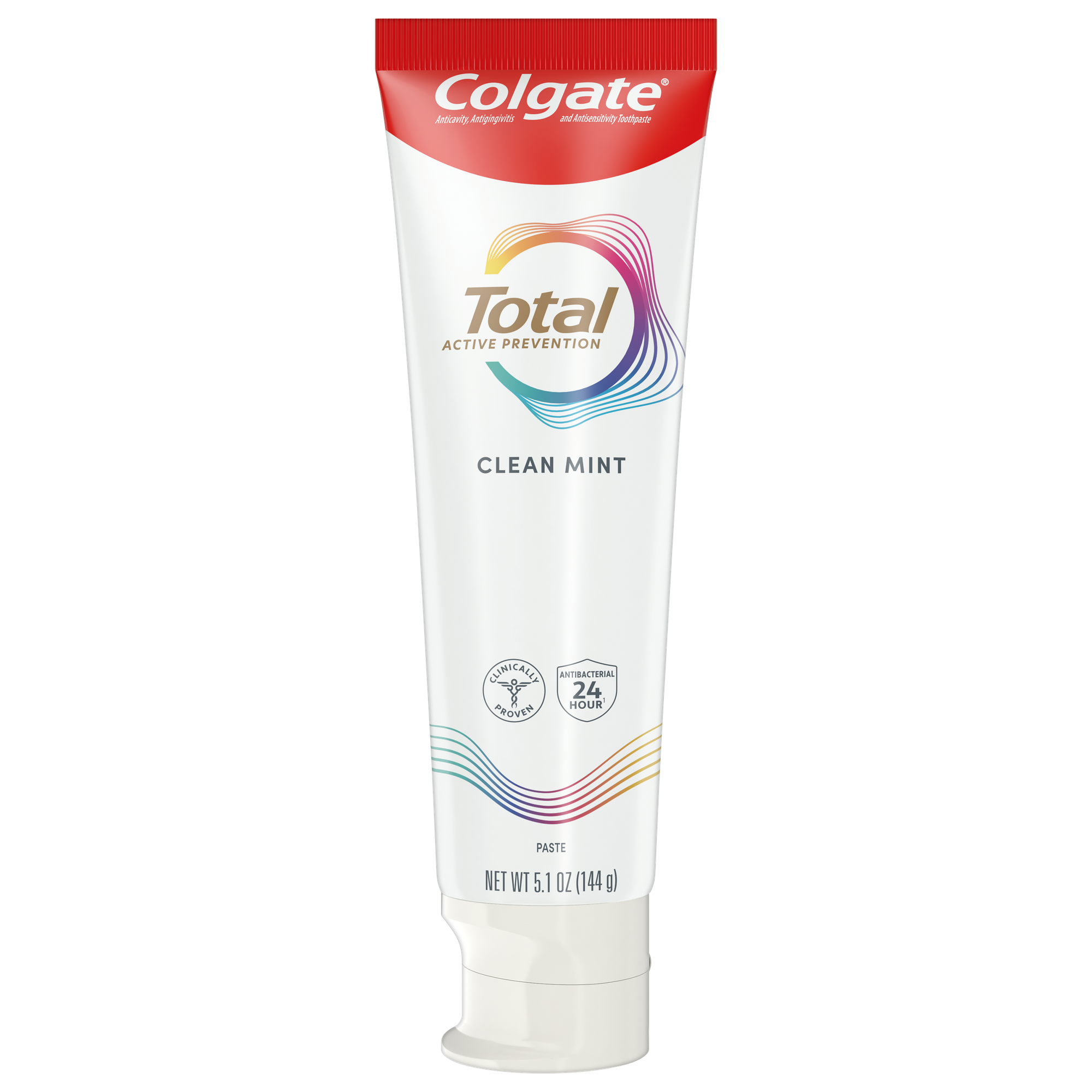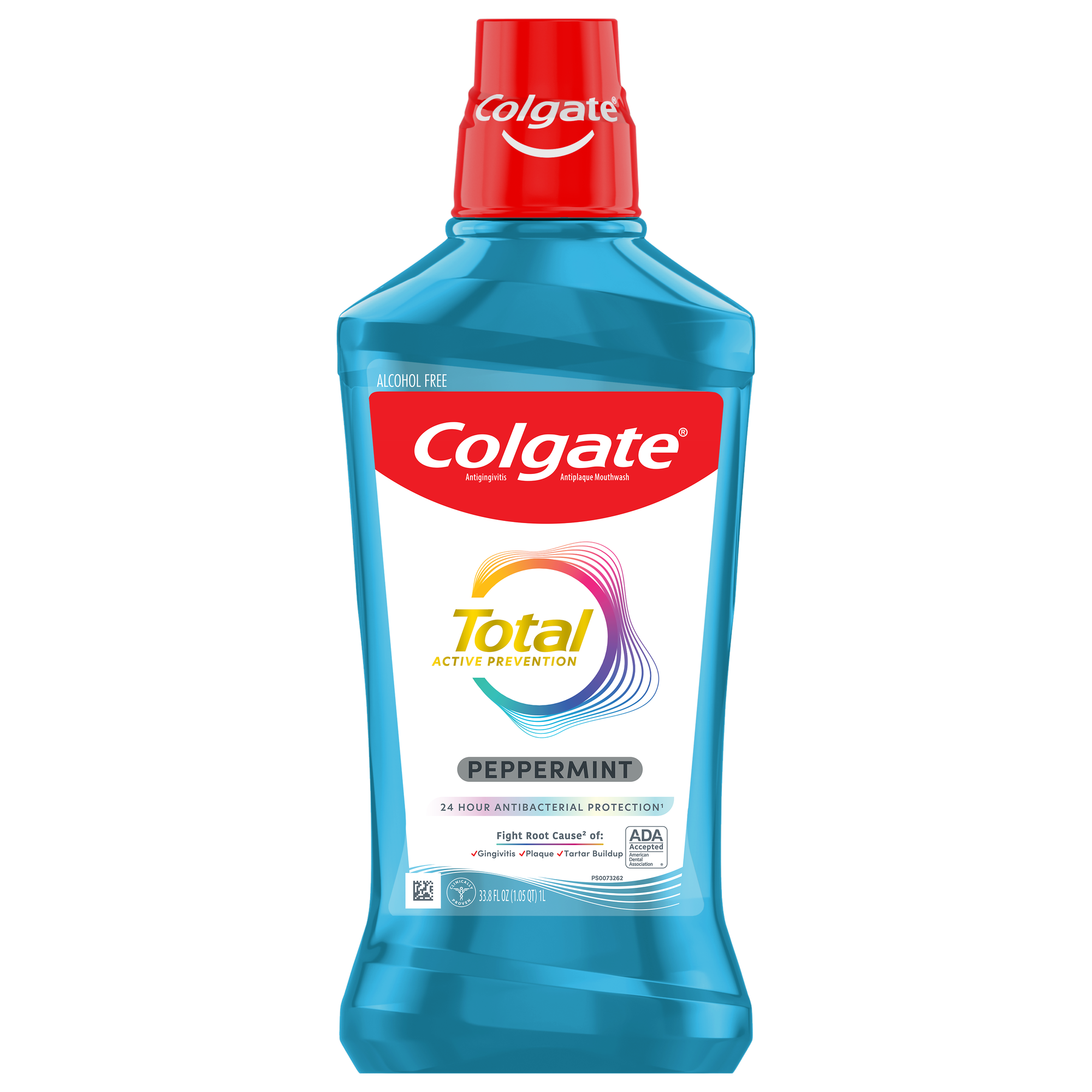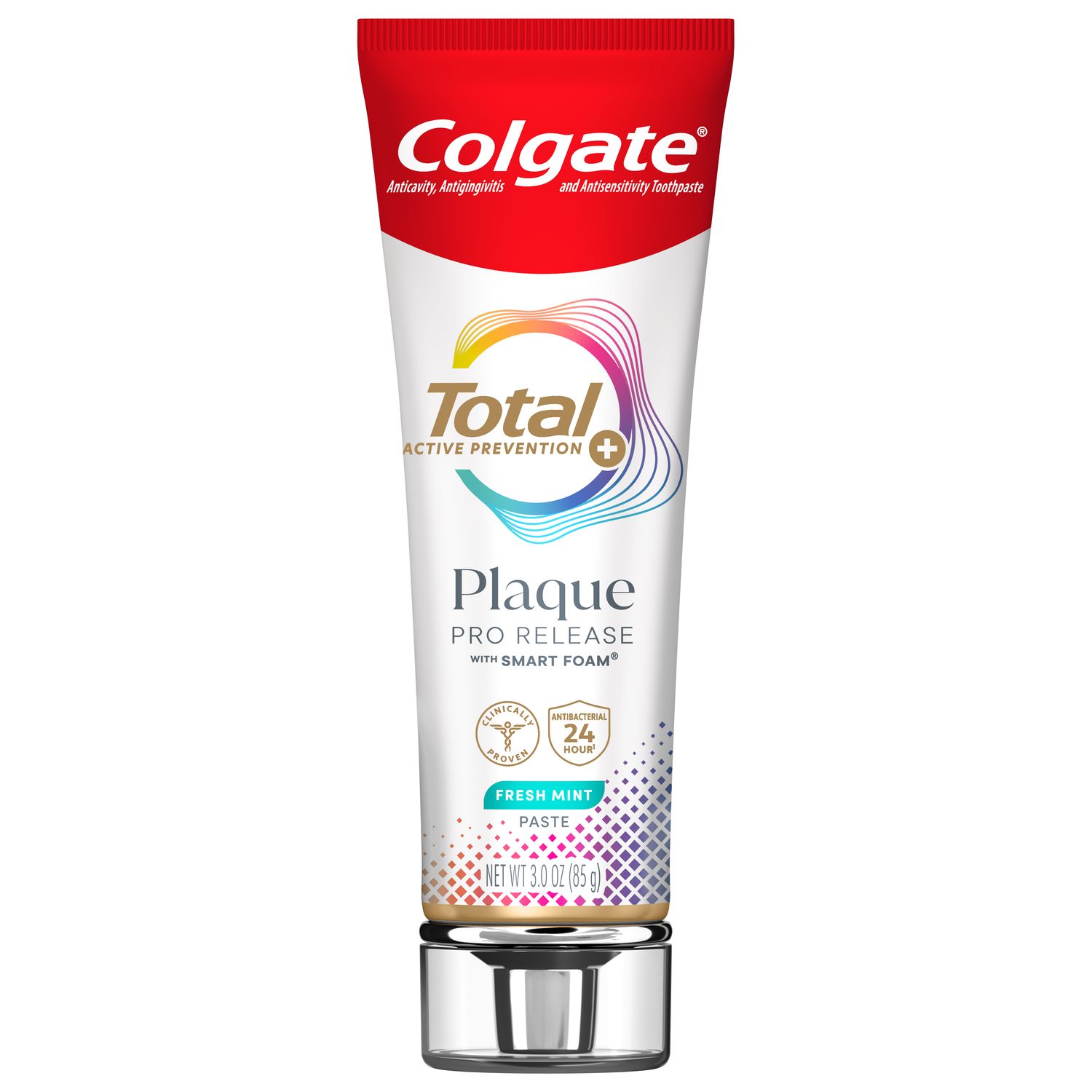
The dental hygiene profession is often a flexible one. You may have the opportunity to work at different practices and vary your hours. Depending on where you work, your compensation may be flexible too, so it's important to understand how each works. Here are the four types of dental hygienist pay arrangements and the pro and cons of each, so you can try to make the right choice for you.
Daily or Hourly Rate
The daily or hourly rate is used by many practices, primarily because of its simplicity. You are paid the same amount without consideration to your individual production. However, if your schedule has a lot of holes, dentists may become frustrated when they count the costs of paying a dental hygienist who is not seeing enough patients.
Base Pay Plus Commission
Another popular dental hygienist pay arrangement is base pay plus commission. In this arrangement, you are compensated for your individual efforts and not the efforts of the group. The base pay is to ensure some compensation in case of cancellations, and when there is a great production day, you have the opportunity to earn more. The commission amount is generally 25 to 30 percent of the excess above the production goal.
For example, let's say that the daily goal is set at $900 and you receive a 30 percent commission on the excess. If you produce $1,000, the excess is $100, and 100 x 30 percent = $30. So for that day, the compensation would be the base plus $30. The commission is a good incentive to push a little harder. Some dental hygienists are motivated by it, but some are not. There is a base pay because dental hygienists cannot prevent the occasional slow day when there are a lot of cancellations beyond their control.
Straight Commission
Dental hygienist pay that is based strictly on commission can put pressure on the business assistants. As a dental hygienist, you're not happy if your schedule isn't full, and you may blame the business assistant for your slow work days. Commission-based pay can lead to rifts and unfriendly competition between dental hygienists. You may be tempted to sacrifice quality for quantity in an effort to keep production rolling. If you ever get a taste of a big production paycheck, you may feel demoralized if you are not able to maintain the same high level of production for every pay period. The onus is also on you to keep up with your other duties that you may not be compensated for, such as sterilization, laundry, calling patients and assisting coworkers.
Per Patient Compensation
The compensation per patient is not commonly used, but the basic premise is that dental hygienist pay is based on a set amount for each patient seen. The per patient amount is calculated using a three-month average to set the base amount. It is simple to use, but this method may not push you to go above and beyond the basics. The amount stays the same, no matter what procedures are performed.
Your True Value
The value you bring to a practice should be a function of two things: direct production and indirect production. Indirect production refers to your ability to communicate restorative needs to the patient that results in restorative production for the doctor. If you are an adept communicator and have the ability to help patients understand and accept needed restorative recommendations, your value increases many times over. These are important considerations that go above and beyond your raw production numbers. If you are able to communicate this value to your supervisor, you should be able to find the pay rate that works best for you.
The U.S. Department of Labor offers additional resources for helping you make an informed decision when it comes time to advocate for yourself.
Takeaways
- Know the advantages and disadvantages of pay arrangements.
- Consider which pay arrangement best fits your work style and personality.
- Communicate with your supervisor that your greatest value to the practice may lie in the indirect production you generate.
Why It's Important
Your practice may offer one of the four common dental hygienist pay arrangements. If you are given the choice, or even if the arrangement is set in stone, it's important to understand the pros and cons to make sure you are comfortable with your compensation and how it may affect your job.
Join us
Get resources, products and helpful information to give your patients a healthier future.
Join us
Get resources, products and helpful information to give your patients a healthier future.













